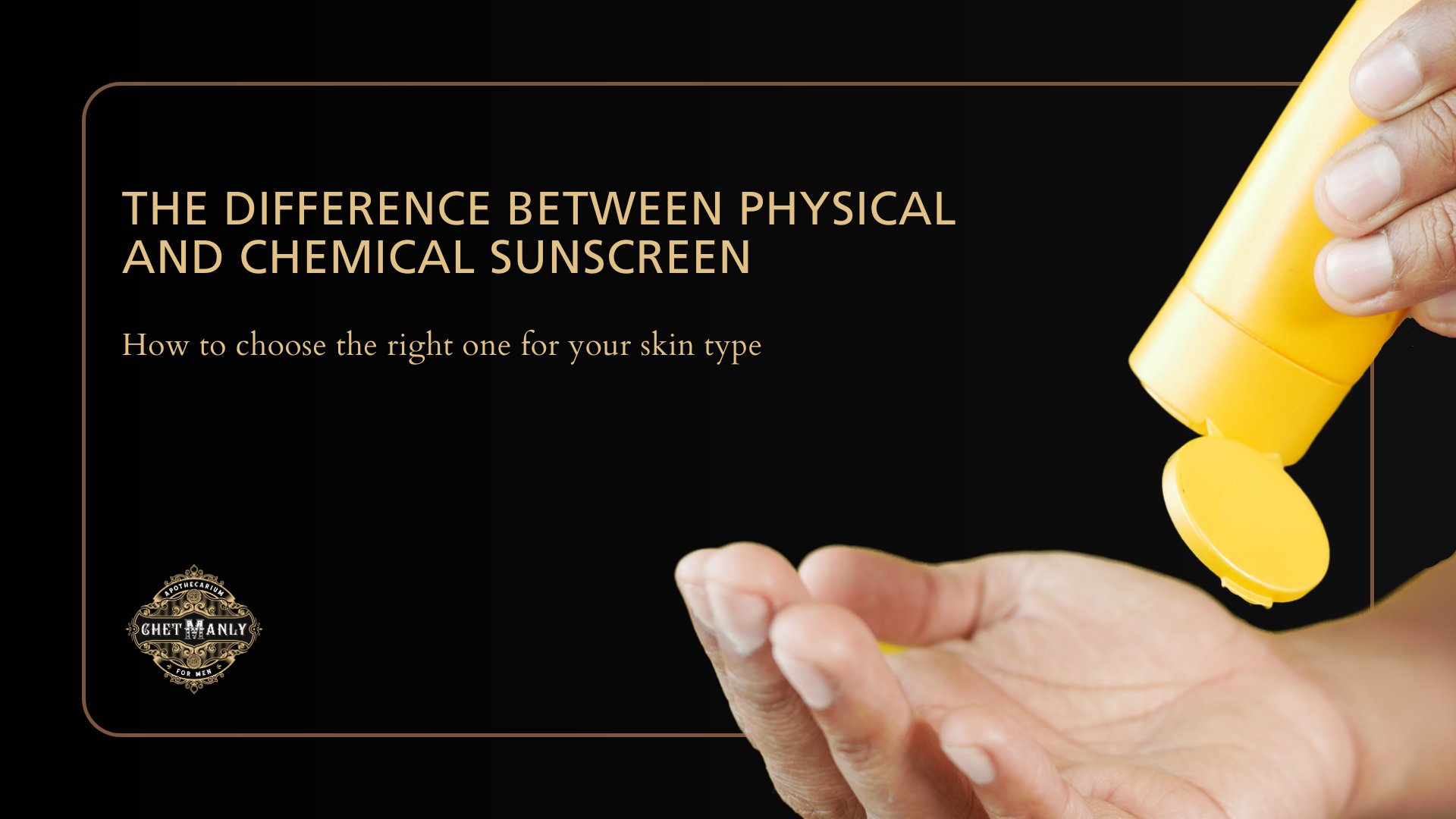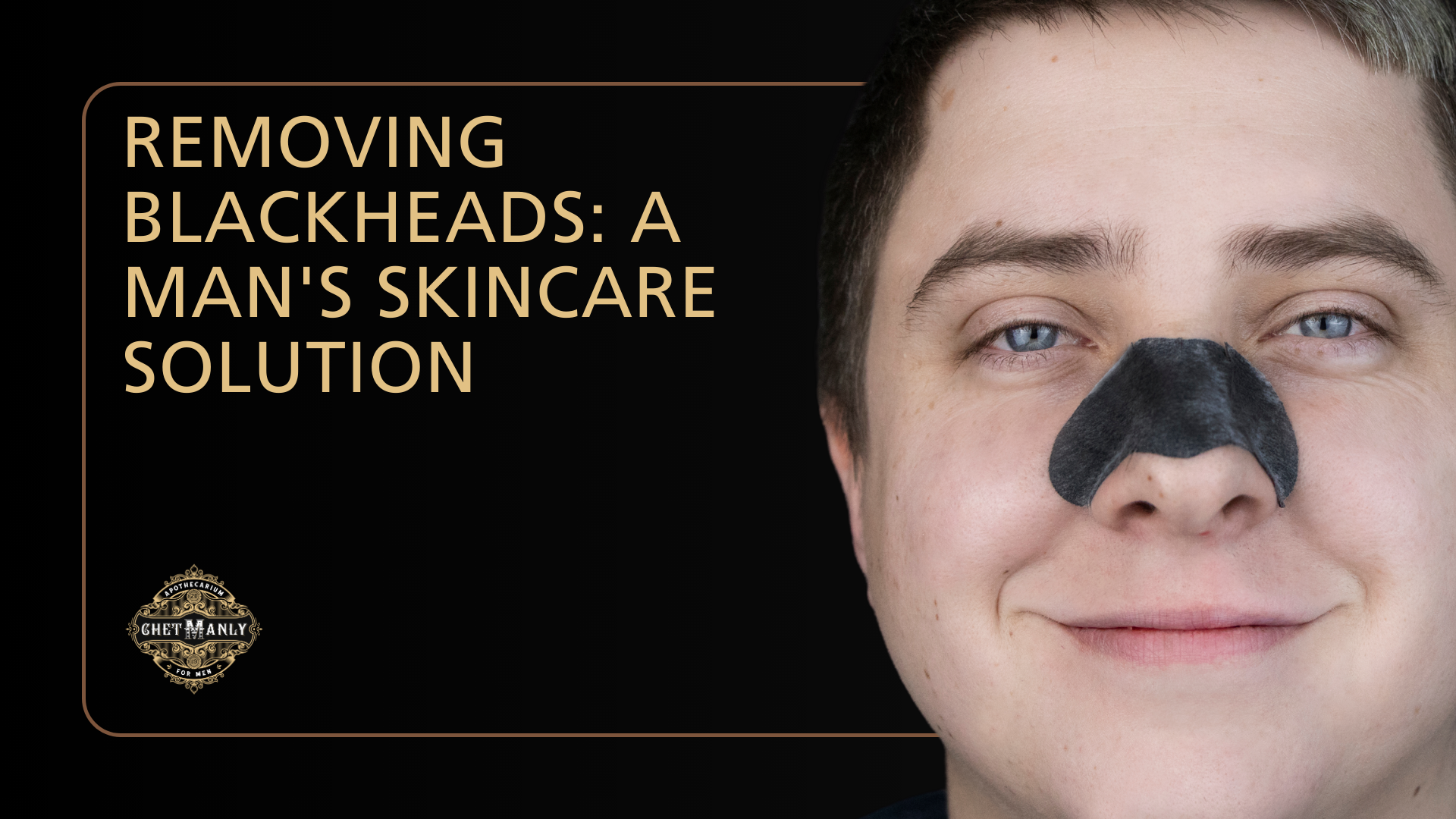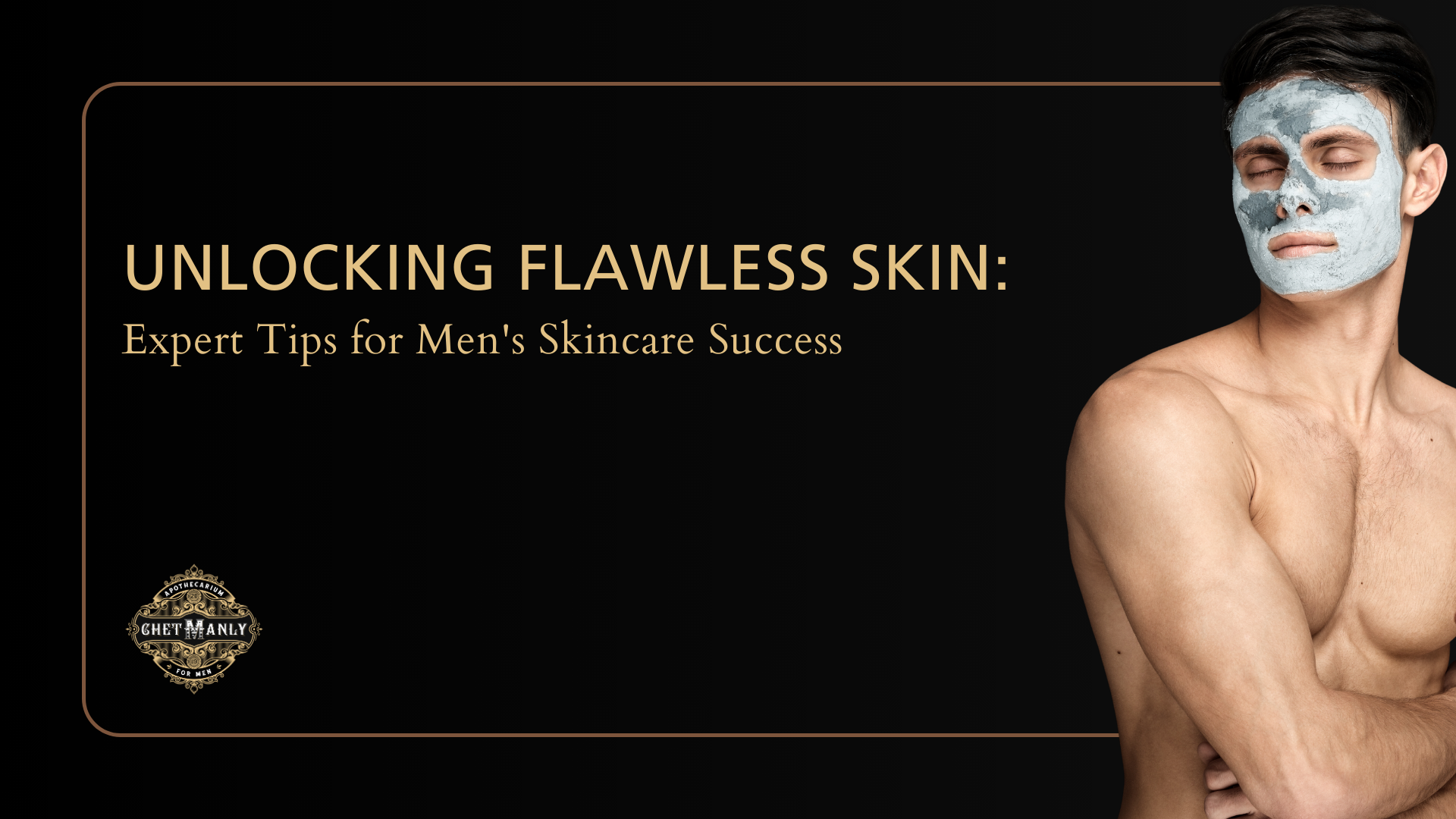
The difference between physical and chemical sunscreen and how to choose the right one for your skin type
Sunscreen is a crucial part of any skincare routine, protecting your skin from the harmful effects of the sun's rays. But with so many options available, how do you choose the right sunscreen for your skin? In this comprehensive guide, we'll explore the differences between physical and chemical sunscreen and help you make an informed decision. So grab your sunscreen and let's dive in!
Understanding Physical and Chemical Sunscreens
When it comes to sunscreens, there are two main types: physical and chemical. The key difference lies in how they block UV rays.
Physical Sunscreens
Physical sunscreens, also known as mineral sunscreens, create a physical barrier on the skin's surface to reflect and scatter UV radiation away from the skin. They contain ingredients like zinc oxide and titanium dioxide, which are recognized as safe and effective by regulatory bodies such as the FDA.
One of the advantages of physical sunscreens is that they provide broad-spectrum protection against both UVA and UVB rays. They are particularly recommended for those with sensitive and acne-prone skin, as they are less likely to cause irritation.
However, physical sunscreens can be challenging to apply and may leave a noticeable white cast on the skin. Fortunately, newer formulations with tinted zinc oxide are available, offering a more seamless application and a smoother appearance.
Chemical Sunscreens
Chemical sunscreens work differently from physical sunscreens. Instead of creating a physical barrier, they contain active ingredients that absorb UV rays before they can penetrate the skin. Common chemical sunscreen ingredients include oxybenzone, avobenzone, and octinoxate.
One of the advantages of chemical sunscreens is their ease of application. They tend to go on smoothly without leaving a white cast, making them suitable for a broader range of skin tones. They are also often more water-resistant than physical sunscreens, making them a preferred choice for activities like swimming or sports.
However, some people may have concerns about the safety of certain chemical sunscreen ingredients. While extensive research is ongoing, regulatory bodies have not found conclusive evidence of adverse health effects related to sunscreen use.
Choosing the Right Sunscreen for Your Skin
Now that we understand the differences between physical and chemical sunscreens, let's discuss how to choose the right one for your skin type and needs. Here are some factors to consider:
Skin Sensitivities and Acne-Prone Skin
If you have sensitive or acne-prone skin, a physical sunscreen may be the best choice for you. Mineral sunscreens are generally gentler and less likely to cause irritation. Look for formulations that contain zinc oxide, as it has anti-inflammatory properties and is suitable for sensitive skin.
Skin Tone
For those with darker complexions, physical sunscreens may leave a noticeable white cast. In this case, a tinted physical sunscreen or a chemical sunscreen may be a better option. Chemical sunscreens tend to blend more seamlessly with different skin tones.
Water Resistance
If you plan on engaging in water activities or activities that make you sweat heavily, a water-resistant sunscreen is essential. Chemical sunscreens often offer better water resistance than physical sunscreens, so consider this factor when choosing your sunscreen.
Daily Use
If you're looking for a sunscreen to wear every day, physical sunscreens are highly recommended. They provide excellent protection against UVA rays, which can cause premature aging and skin damage even on cloudy days. Look for lightweight formulations that can be easily incorporated into your daily skincare routine.
Additional Considerations
When choosing a sunscreen, it's crucial to consider any specific concerns or preferences you may have. For example, if you prefer vegan and cruelty-free products, look for brands that align with your values. Similarly, if you have specific ingredient preferences or requirements, be sure to read the labels and choose a sunscreen that meets your criteria.
How to Apply Sunscreen Correctly
Now that you've chosen the right sunscreen for your needs, it's essential to apply it correctly for maximum protection. Follow these tips for proper sunscreen application:
-
Apply sunscreen generously to all exposed areas of the skin, including the face, neck, arms, and legs. Don't forget less obvious areas like the ears, back of the neck, and the tops of your feet.
-
Make sure to apply sunscreen at least 15 minutes before sun exposure to allow it to fully absorb into the skin.
-
Reapply sunscreen every two hours, or more frequently if you're swimming or sweating heavily.
-
Use sunscreen even on cloudy or overcast days, as UV rays can still penetrate through the clouds.
-
Pair sunscreen with other sun protection measures, such as seeking shade, wearing protective clothing, and using sunglasses.
Remember, sunscreen is just one part of your overall sun protection strategy. It's essential to combine it with other sun-safe practices for comprehensive protection against the sun's harmful rays.
Final Thoughts
Choosing the right sunscreen is crucial for maintaining healthy, protected skin. Whether you opt for a physical or chemical sunscreen, make sure to choose one that suits your skin type, preferences, and specific needs. Remember to apply sunscreen correctly and reapply as needed for optimal protection.
By making sunscreen a part of your daily skincare routine, you're taking a proactive step towards protecting your skin from the sun's harmful effects. So go ahead, find the perfect sunscreen for you, and enjoy the sun responsibly!
Disclaimer: The information provided in this article is for educational purposes only and does not constitute medical advice. Always consult with a qualified healthcare professional before starting any skincare regimen or making changes to your existing routine.


